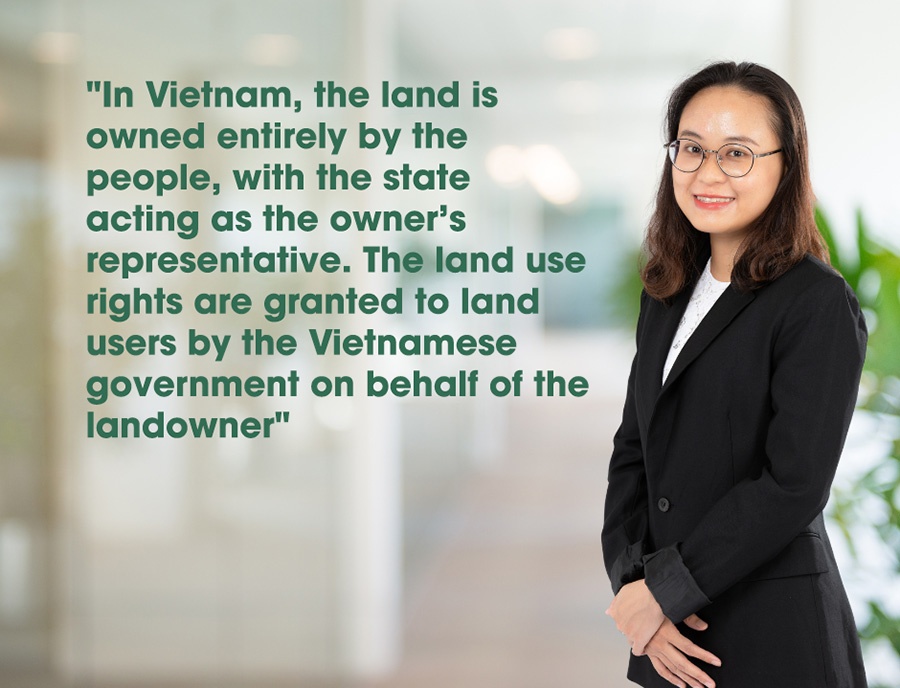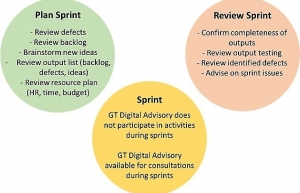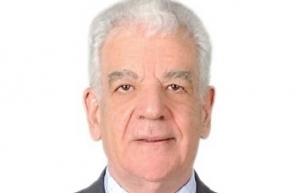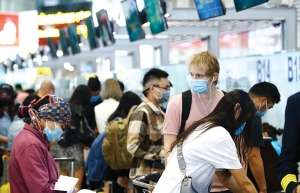Clarifying rights of foreign individuals to own property in Vietnam
According to the General Statistics Office, the number of foreign individuals who come to Vietnam to make investments and implement their employment contracts or assignment has continuously increased in recent years, especially after Vietnam engaged in trade agreements and applied preferential policies for attracting foreign investment.
Foreigners’ right to land
In Vietnam, land use rights are granted to land users by the Vietnamese government on behalf of the landowner.
Under the prevailing regulations, foreigners are not land users in Vietnam, and are not eligible for land allocation, land lease, or recognition of land use rights by the state.
In the event that inheritance recipients of land use rights or ownership of houses and other property on land are foreigners, they are allowed to transfer them to other objects in accordance with Vietnamese Law. However, these foreigners as inheritance recipients are still not granted the certificate of land use rights and ownership.
 |
| Valerie Teo, partner of Tax Services at Grant Thornton Vietnam |
Foreigners’ right to house ownership in Vietnam
Foreigners are eligible to own houses in Vietnam and can get a house ownership certificate (Pink book) through either investing in project-based housing construction or by buying, renting, purchasing, receiving, or inheriting houses including apartment and detached houses in projects for commercial housing construction, except for areas under management relating to national defence and security as prescribed in the Law on Housing.
Conditions for foreigners to be owners of houses in Vietnam
The foreigners investing in house construction projects need to obtain an Investment Registration Certificate in Vietnam and have the houses built into the project.
Foreigners are not allowed to own separate houses which are not in the commercial housing project. They are only eligible to own apartments and detached houses in the projects.
The foreigners who meet the right conditions can buy apartments and houses in the project and obtain the house ownership certificate.
The conditions include having permission to enter Vietnam and not being granted with diplomatic immunity and privileges. They must hold valid passports bearing the entry seal of Vietnam’s immigration authority and have full civil capacity to enter into transactions in housing as prescribed in Vietnamese law without the requirement of registering temporary or permanent residence in the place where the house under transaction is located.
 |
| Nghiem Xuan Hong An, senior manager of Tax Services at Grant Thornton Vietnam |
In accordance with the Law on Land, foreigners as house owners in Vietnam have the right to house ownership in the same way as Vietnamese owners, including subleasing and selling the apartment or house.
Additionally, it is worth noting that the valid ownership period for houses and apartments for foreigners cannot exceed 50 years from the issuance date of the certificate, which does not apply to Vietnamese individuals.
After the house ownership period ends, the foreigners can submit a dossier to the People’s Committee of the province or city where the house is located to request an extension at least three months before the expiration of the house ownership certificate.
Where a foreigner gets married to a Vietnamese, he or she can own the house long term and have the same rights as Vietnamese owners.
Although foreigners have the right to ownership of houses in Vietnam, there are quotas for apartments and houses in the projects owned by them as follows:
For residential apartments, foreigners may own up to 30 per cent of the total residential apartments in each building or up to 30 per cent of the total apartments or total apartment buildings in one ward.
For detached houses, if there are one or more housing projects in an area whose population is equivalent to a ward-administrative division, the foreigners are only allowed to own up to 10 per cent of the total number or up to 250 houses in one project.
Hopefully, the above summary can help foreigners in Vietnam have a general picture of their rights to land and property in Vietnam.
Should you have any queries, please contact Valerie Teo at Valerie.Teo@vn.gt.com or Nghiem Xuan Hong An at An.Nghiem@vn.gt.com.
 | Every digital project needs quality assurance Every digital project, from the implementation of Enterprise Resource Planning (ERP) or other business software to a suite of collaboration tools, requires project management to estimate, coordinate, and control the resources of time, budget, and manpower needed to implement successfully, and achieve the business targets of the new digital system on-time and on-budget. |
 | Deal signed to promote farm produce sale via digital platforms The implementation of the UK-Vietnam Free Trade Agreement will be a boon to bilateral trade and investment between Vietnam and the United Kingdom moving forward. Kenneth Atkinson, executive chairman of Grant Thornton Vietnam, provides his insights into the wide-ranging deal. |
 | 30 years of accompanying the country’s key economic sectors part3 Over the past three decades, Vietnam Investment Review has gained positive status in the country’s business press circle. With its particular focus on featuring hot issues related to economics, trade, and investment in Vietnam, as well as the country’s external policies, VIR has earned praise from international organisations, embassies, experts, and the business community as it provides them with insightful and useful information on the ups and downs of the country’s exciting economic development. |
 | Coordinating to establish an efficient reopening Vietnam is set to reopen for international tourists, thus providing positivity for a market revival. Kenneth Atkinson, founder and senior advisor at Grant Thornton Vietnam, advises on the pitfalls that could hinder these efforts. |
What the stars mean:
★ Poor ★ ★ Promising ★★★ Good ★★★★ Very good ★★★★★ Exceptional
Related Contents
Latest News
More News
- Real estate investment trusts pivotal for long-term success (February 02, 2026 | 11:09)
- Dong Nai experiences shifting expectations and new industrial cycle (January 28, 2026 | 09:00)
- An Phat 5 Industrial Park targets ESG-driven investors in Hai Phong (January 26, 2026 | 08:30)
- Decree opens incentives for green urban development (January 24, 2026 | 11:18)
- Public investment is reshaping real estate’s role in Vietnam (January 21, 2026 | 10:04)
- Ho Chi Minh City seeks investor to revive Binh Quoi–Thanh Da project (January 19, 2026 | 11:58)
- Sun Group launches construction of Rach Chiec sports complex (January 16, 2026 | 16:17)
- CEO Group breaks ground on first industrial park in Haiphong Free Trade Zone (January 15, 2026 | 15:47)
- BRIGHTPARK Entertainment Complex opens in Ninh Binh (January 12, 2026 | 14:27)
- Ho Chi Minh City's industrial parks top $5.3 billion investment in 2025 (January 06, 2026 | 08:38)

 Tag:
Tag:





















 Mobile Version
Mobile Version